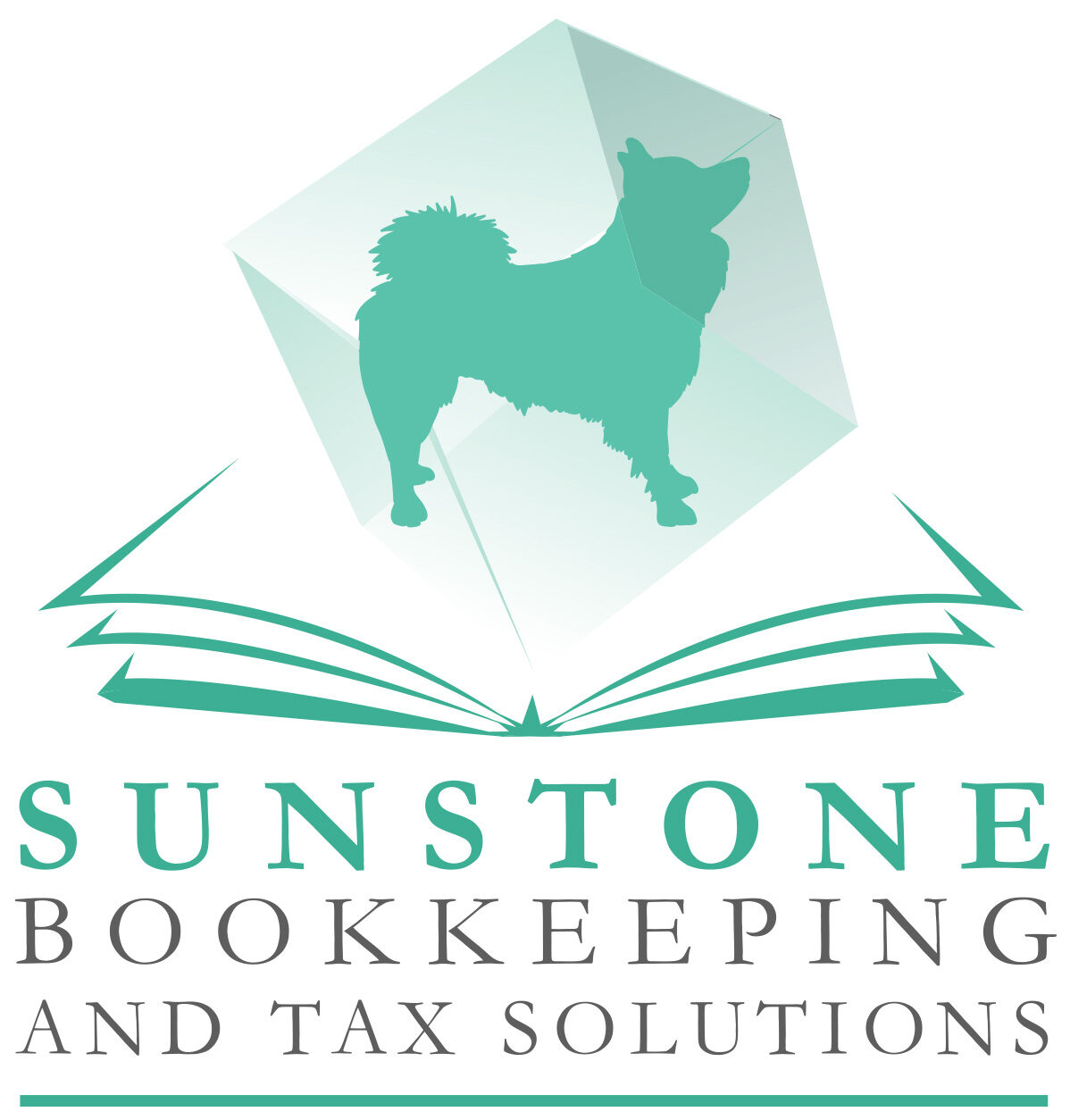Are you a freelancer, consultant, or entrepreneur? Being self-employed comes with its own set of challenges, but it also offers unique and attractive opportunities when it comes to retirement planning. While employer-sponsored retirement plans like 401(k)s are familiar, self-employed individuals also have a variety of tax-advantaged options at their disposal. By taking advantage of these options, you can not only save for your future but also reduce your tax burden along the way.
Let’s have a look!
- Solo 401(k)
The Solo 401(k), also known as a one-participant or individual 401(k), is designed specifically for self-employed individuals and business owners with no employees (other than a spouse, if applicable). One of the key benefits of a Solo 401(k) is its high contribution limits. As of 2024, the maximum contributions are up to $69,000 annually (and an extra $7,500 if you’re over 50) including both employee and employer contributions. That’s right, in this case you are both employer and employee and the contribution formula reflects this fact. Your “employee contributions” are elective up to 100% of earned income. Your “employer” nonelective contributions have a technical calculation for determining the maximum (consult the IRS website or a tax professional for assistance).
- SEP IRA (Simplified Employee Pension Individual Retirement Account)
The SEP IRA offers a straightforward and flexible retirement savings option for self-employed individuals and small business owners. Contributions to a SEP IRA are tax-deductible, and the contribution limits are generous – up to 25% of your net earnings from self-employment, with a maximum contribution of $69,000 for 2024. One of the advantages of SEP IRAs is their simplicity and minimal administrative requirements, making them an attractive option for those who want to save for retirement without the complexity of other plans.
- SIMPLE IRA (Savings Incentive Match Plan for Employees Individual Retirement Account)
SIMPLE IRA is another retirement savings option available to self-employed individuals and small businesses with 100 or fewer employees. Contributions to a SIMPLE IRA are tax-deductible, and the plan offers higher contribution limits than traditional IRAs. In 2024, you can contribute up to $16,000 (and an additional $3,500 if you’re over 50), plus an employer match of up to 3% of your compensation. SIMPLE IRAs are easy to set up and maintain, making them a convenient choice for self-employed individuals who want to save for retirement while also providing a retirement benefit for their employees, if applicable.
- Solo Defined Benefit Plan
A Solo Defined Benefit Plan is a type of pension plan that allows self-employed individuals to contribute a potentially significant amount of money on a tax-deductible basis. Contributions to a defined benefit plan are based on factors such as age, income, and desired retirement benefit, and the plan is funded by the business owner. While the administrative requirements and contribution limits for defined benefit plans are higher than other retirement savings options, they can provide substantial tax benefits and retirement income for self-employed individuals with high incomes. Here, you’ll want to engage with a specialist service provider given the complexity of the rules and administration.
- Roth IRA
While not specifically designed for the self-employed, Roth IRAs can still be a valuable retirement savings tool. Unlike traditional retirement accounts, contributions to a Roth IRA are made with after-tax dollars, but qualified withdrawals in retirement are tax-free. Roth IRAs offer flexibility in terms of investment options and withdrawals, making them a popular choice for individuals who expect to be in a higher tax bracket in retirement or who want tax-free income in their later years.
In conclusion, self-employed individuals have a variety of tax-advantaged retirement savings options to choose from. By exploring these options and taking advantage of the tax benefits they offer, you can build a secure financial future while minimizing your tax burden. Whether you opt for a Solo 401(k), SEP IRA, SIMPLE IRA, Solo Defined Benefit Plan, Roth IRA, or a combination of these options, investing in your retirement is investing in yourself and your future success. Start planning today for a more financially secure tomorrow.
